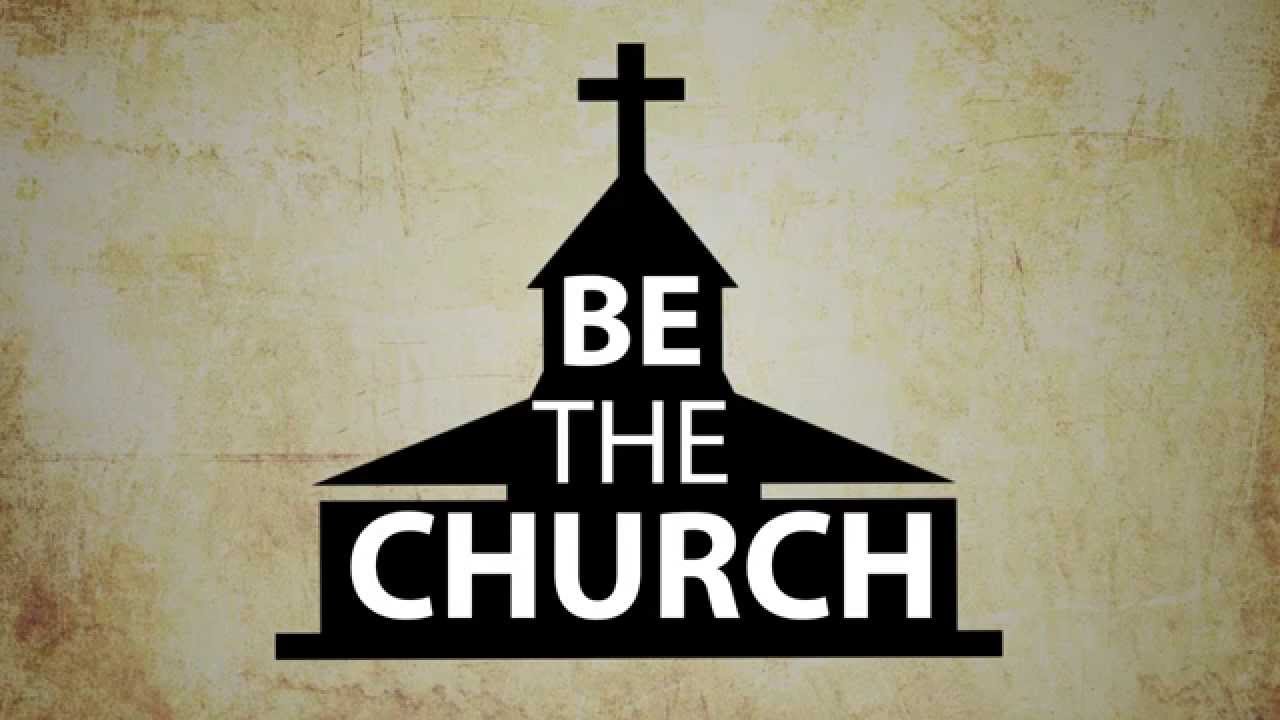The Book of Leviticus isn’t the first book you’ll probably choose to read for personal devotions. Leviticus follows the last verses of Exodus which record the glory of God filling the newly constructed  tabernacle. In a very tangible way, a Holy God now “dwells” with His people. Unholy Israel can now approach their Holy God, but only according to the God-ordained rules. The Book of Leviticus is filled with God’s instructions for his priests to ensure the holiness of Israel through rituals, sacrifices, and festivals. Unfortunately, many people dismiss the book of Leviticus as irrelevant to our age of grace and, in the process, ignore the central truth of the entire book that will never change–God takes His Holiness seriously.
tabernacle. In a very tangible way, a Holy God now “dwells” with His people. Unholy Israel can now approach their Holy God, but only according to the God-ordained rules. The Book of Leviticus is filled with God’s instructions for his priests to ensure the holiness of Israel through rituals, sacrifices, and festivals. Unfortunately, many people dismiss the book of Leviticus as irrelevant to our age of grace and, in the process, ignore the central truth of the entire book that will never change–God takes His Holiness seriously.
I have been reading Leviticus as I am preparing for Easter. I came across this passage that, at first reading, will probably offend you:
Now Nadab and Abihu, the sons of Aaron, each took his censer and put fire in it and laid incense on it and offered unauthorized fire before the Lord, which he had not commanded them. 2 And fire came out from before the Lord and consumed them, and they died before the Lord. 3 Then Moses said to Aaron, “This is what the Lord has said, ‘Among those who are near me will be sanctified, and before all the people I will be glorified.’ ” And Aaron held his peace. (Leviticus 10.1-3).
Following several chapters of specific “how to” instructions to the priests, Aaron’s (the High Priest) own sons decide to worship God their own way. While we can only guess at exactly what we did or did not do, we don’t have to guess what God’s opinion of their efforts was–He did not authorize what they did, nor did he command it. And while it is tempting to describe their worship as “well-intended” or excuse it as “personal”, without hesitation, God declares it sinful and worthy of death.
I am offended by many of the thoughts that rush into my mind in reading this passage. If I’m honest, I find that I usually (and wrongly) take the side of man in these passages. I begin to view God as some unfair, capricious, and unpredictable deity with a temper. Rarely, do I take the rightful position of viewing God as the one treated unfairly, the one dishonored, the one who is the true “victim.” God expects us to worship Him His way. When I fail to worship Him rightly, the problem isn’t a lack of knowledge, a lack of understanding, or a lack of opportunity. The problem is that I don’t take God’s holiness as seriously as God does.
Seeing God more and more for who He truly is, Holy, means I will see myself more and more for what I am, unholy. This should lead us to the cross that becomes more necessary, more gracious, and more merciful with each passing day. And as God’s people, adopted into God’s family through Christ, we are given a way to walk. How do we learn this walk? It comes through revelation, not from stars, winds, or flashing lights, but through God’s Word. Just the sons of Aaron were not left to guess about how God expected them to worship as God’s people, neither are we. I pray we don’t make the mistake of worshiping in ways he did not authorize or command:
I appeal to you therefore, brothers, by the mercies of God, to present your bodies as a living sacrifice, holy and acceptable to God, which is your spiritual worship. 2 Do not be conformed to this world, but be transformed by the renewal of your mind, that by testing you may discern what is the will of God, what is good and acceptable and perfect. (Romans 12.1-3)
Related
 tabernacle. In a very tangible way, a Holy God now “dwells” with His people. Unholy Israel can now approach their Holy God, but only according to the God-ordained rules. The Book of Leviticus is filled with God’s instructions for his priests to ensure the holiness of Israel through rituals, sacrifices, and festivals. Unfortunately, many people dismiss the book of Leviticus as irrelevant to our age of grace and, in the process, ignore the central truth of the entire book that will never change–God takes His Holiness seriously.
tabernacle. In a very tangible way, a Holy God now “dwells” with His people. Unholy Israel can now approach their Holy God, but only according to the God-ordained rules. The Book of Leviticus is filled with God’s instructions for his priests to ensure the holiness of Israel through rituals, sacrifices, and festivals. Unfortunately, many people dismiss the book of Leviticus as irrelevant to our age of grace and, in the process, ignore the central truth of the entire book that will never change–God takes His Holiness seriously.



